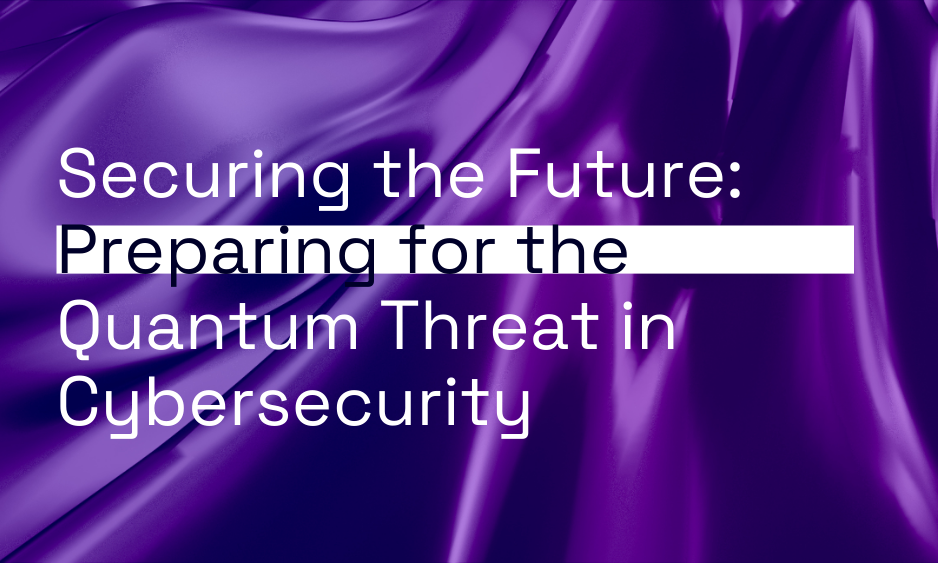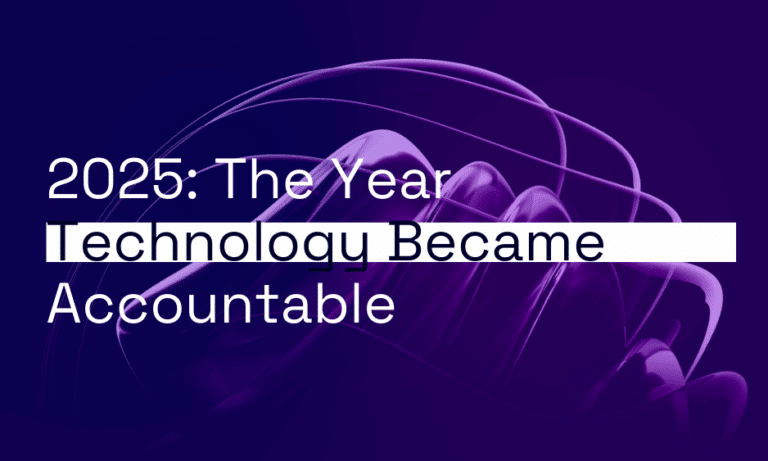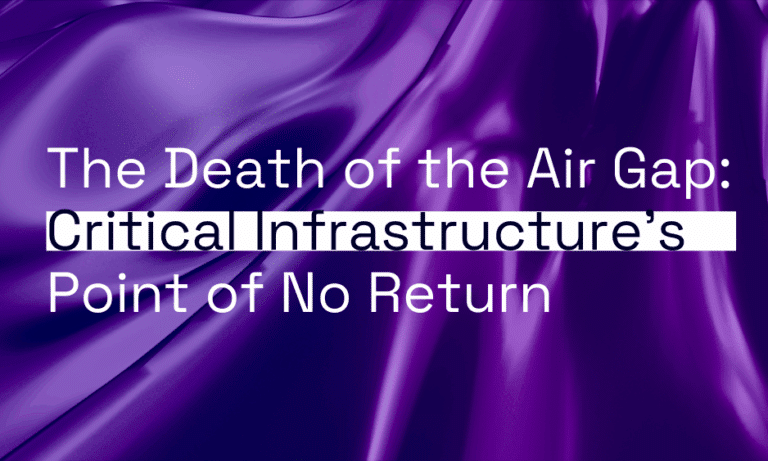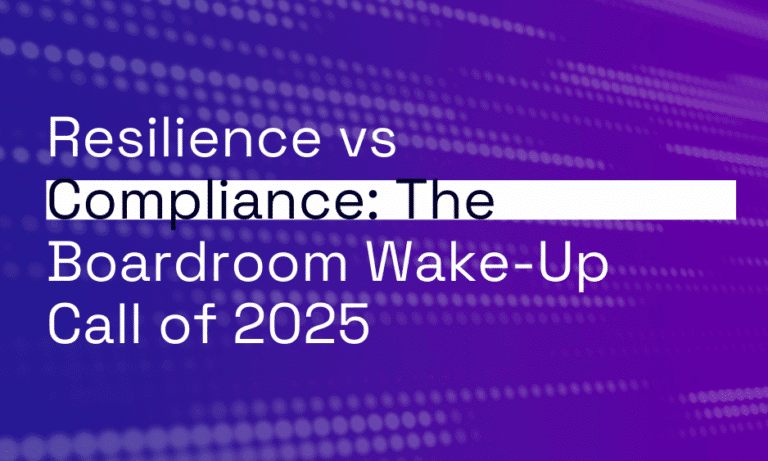Introduction: The Dawn of the Quantum Era
Quantum computing is no longer a futuristic concept confined to theoretical physics or science fiction. It is rapidly becoming a reality with transformative potential across industries. Companies like Google and IBM have already made significant strides, with processors reaching hundreds of qubits and projections pointing toward thousands in the near future. While this promises unparalleled computational capabilities, it also presents a looming challenge: the potential to undermine the cryptographic systems that secure our digital world.
For businesses and governments alike, this is not just a technological curiosity—it’s an urgent call to action.
The Quantum Threat: A Challenge to Modern Cryptography
Traditional encryption methods, such as RSA (Rivest-Shamir-Adleman) and ECC (Elliptic Curve Cryptography), are fundamental to today’s cybersecurity framework. These systems depend on the computational difficulty of solving specific mathematical problems, like factoring large prime numbers or calculating discrete logarithms. Classical computers would take millions of years to crack these codes.
Quantum computers, however, operate on entirely different principles. By leveraging qubits that can exist in multiple states at once (a property known as superposition) and can be entangled with one another, these quantum machines can perform complex computations at speeds unimaginable for traditional computers. Algorithms like Shor’s algorithm could decrypt data protected by current cryptographic methods in a fraction of the time.
The implications are profound:
- Data at Risk: Sensitive information, including financial records, personal data, intellectual property, and government secrets, could become vulnerable.
- Harvest Now, Decrypt Later: Malicious actors may already intercept and store encrypted data, intending to decrypt it once quantum capabilities develop.
- Widespread Disruption: From secure communications to blockchain technologies, many digital systems rely on cryptographic protocols that could be compromised.
Preparing for a Post-Quantum World: Strategies for Resilience
The quantum threat timeline is uncertain, but the need to prepare is immediate. Organisations must adopt a proactive approach to safeguard their data and systems.
Here are key strategies to consider:
1. Conduct a Comprehensive Cryptographic Audit:
- Identify all instances of cryptographic use within your organisation, including data in transit, at rest, and during processing.
- Determine which systems are most vulnerable to quantum attacks.
2. Embrace Crypto-Agility:
- Design systems with the flexibility to switch cryptographic algorithms as threats evolve.
- Crypto-agile architectures enable seamless updates without needing complete system overhauls, thus minimising costs and operational interruptions.
3. Implement Hybrid Encryption Models:
- Adopt encryption strategies that blend classical algorithms with quantum-resistant alternatives.
- This hybrid approach ensures continuity and security when transitioning to fully quantum-safe systems.
4. Stay Informed on Emerging Standards:
- Organisations like NIST (National Institute of Standards and Technology) actively develop post-quantum cryptographic (PQC) standards.
- Engage with industry groups and standardisation bodies to stay ahead of developments.
5. Develop a Quantum-Readiness Roadmap:
- Create a phased plan for transitioning to quantum-resistant technologies.
- Include timelines, resource allocations, and contingency measures to address evolving threats.
Guiding Your Quantum Readiness Journey
Navigating the complexities of quantum security requires more than just awareness; it demands strategic action and expert guidance. Our comprehensive approach is designed to support organisations at every stage of their quantum readiness journey:
- Quantum Risk Assessments: We provide in-depth evaluations of your cryptographic landscape, identifying vulnerabilities and recommending targeted mitigation strategies.
- Crypto-Agility Solutions: Our flexible security frameworks are built to adapt, ensuring that your systems can seamlessly integrate quantum-resistant algorithms as they become standard.
- Managed Security Services: With continuous monitoring and expert oversight, we help maintain robust security postures, even as threats evolve.
- Strategic Advisory Services: Our team stays at the forefront of quantum research and regulatory developments, offering insights that keep you ahead of the curve.
Why Act Now?
While quantum computers capable of breaking current encryption standards may still be a few years away, the risk is already present. The concept of “harvest now, decrypt later” means that data being transmitted today could be vulnerable in the future. Delaying preparation increases exposure to potential breaches and compliance risks.
By acting now, organisations can:
- Protect long-lived sensitive data.
- Reduce the costs associated with emergency responses to quantum-related breaches.
- Gain a competitive advantage by demonstrating leadership in cybersecurity resilience.
Conclusion: Securing the Future, Today
The quantum era promises transformative advancements, but it also brings a new class of cybersecurity challenges. Preparing for this future isn’t optional—it’s essential. Organisations that start their quantum readiness journey today will protect their assets and set themselves apart as leaders in digital security.
Let us help you build a resilient, quantum-ready future. Contact us to learn more about how we can support your journey toward quantum-secure cybersecurity.
Article written by Michael Van Rooyen, Chief Technology Officer, Orro









